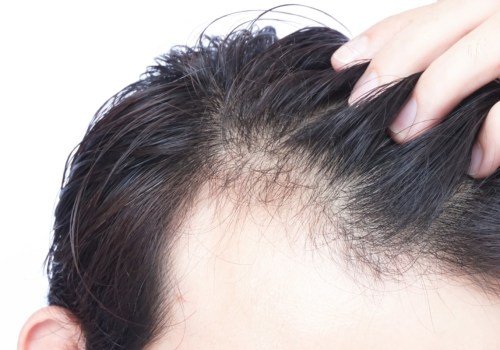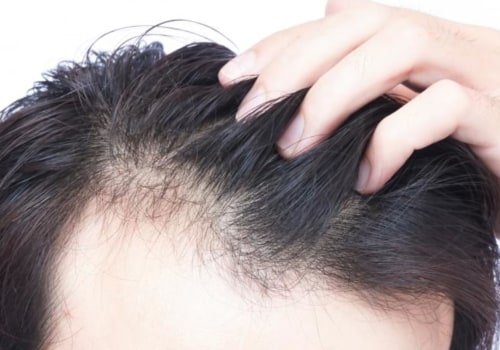You may notice that more hair falls out than usual in the months after bariatric surgery. This is a normal side effect of the procedure and can occur due to the body's response to surgery, weight loss and a disturbed diet. Bariatric surgery is associated with dermatological disorders, including hair loss. Telogen effluvium is a non-scarring alopecia, which can occur after bariatric surgery and usually occurs within three months of surgery.
However, alopecia after bariatric surgery can also result from a nutritional deficiency, which usually occurs several months after surgery. Bar SITE is a useful acronym for describing telogen effluvium induced by bariatric surgery. hair loss is a common side effect of bariatric surgery. With the help of your bariatric surgeon or dietitian, you can manage your symptoms until you have a full head of hair again.
Let's take a look at some facts about this process to help you rest. While it can make many patients feel self-conscious and can negatively affect their self-esteem, hair loss after bariatric surgery is common and does not last longer than six months. When your body is under increased stress, which happens after surgery, it may increase the number of hair follicles in the telogen phase, which means you may experience increased hair loss or loss. It's natural to be frightened by the possibility of hair loss after bariatric surgery, but you really have nothing to fear.
Hair may begin to show changes in their usual appearance, being shorter, thinner and weakened at the root. Hair loss associated with weight loss surgery is called telogen effluvium and has to do with the normal cycle of hair growth. The patient should be given appropriate guidance on what protein-rich foods they can and should eat and which supplements will help prevent hair loss. Her alopecia resolved and there was significant growth of new hair within 14 months after surgery (Figure.
Under normal circumstances, hair loss lasts an average of 3 to 4 months, but not longer than 6 months. Because people who have the lap band procedure lose weight gradually, they usually have less hair loss. Within seven weeks after surgery, she developed diffuse and progressive hair loss, characteristic of telogen effluvium. This is because those who undergo gastric bypass or sleeve surgery experience faster weight loss and a higher prevalence of nutrient deficiency after surgery.
If you continue to lose hair seven months after surgery, you may want to have your iron levels checked. In contrast, hair loss that begins chronically after weight-loss surgery is often associated with nutritional deficiency; preliminary laboratory studies to assess nutritional deficiency include calcium, ferritin, folate, iron, and vitamins (A, B1, B6, B12, and D 25-hydroxy). Speaking specifically of patients with gastric sleeve surgery, this situation occurs in them less frequently because it is a purely restrictive procedure, in other words, the absorption of ingested nutrients is not affected as in malabsorption procedures such as gastric bypass, minigastric bypass, When silica and biotin are taken together, they can help prevent hair loss and can also restore hair after the telogen effluvium phase.





